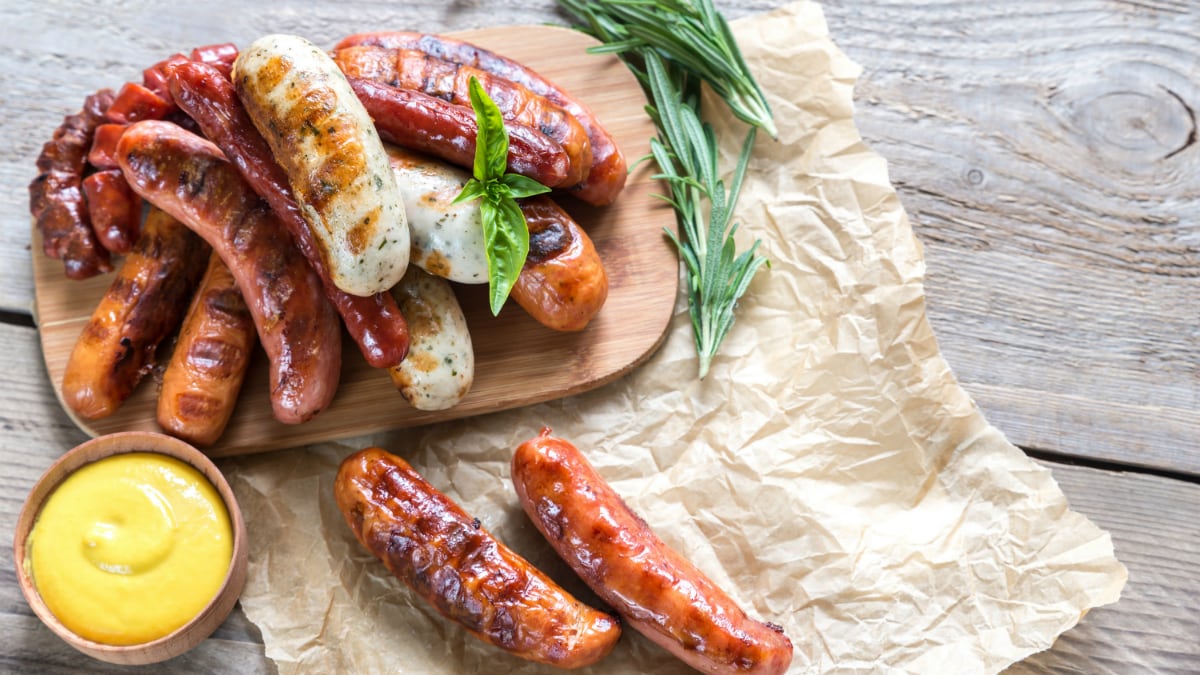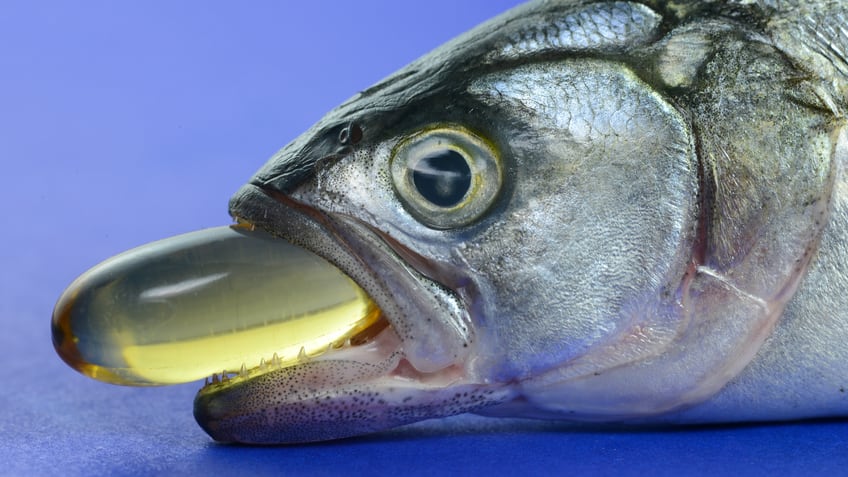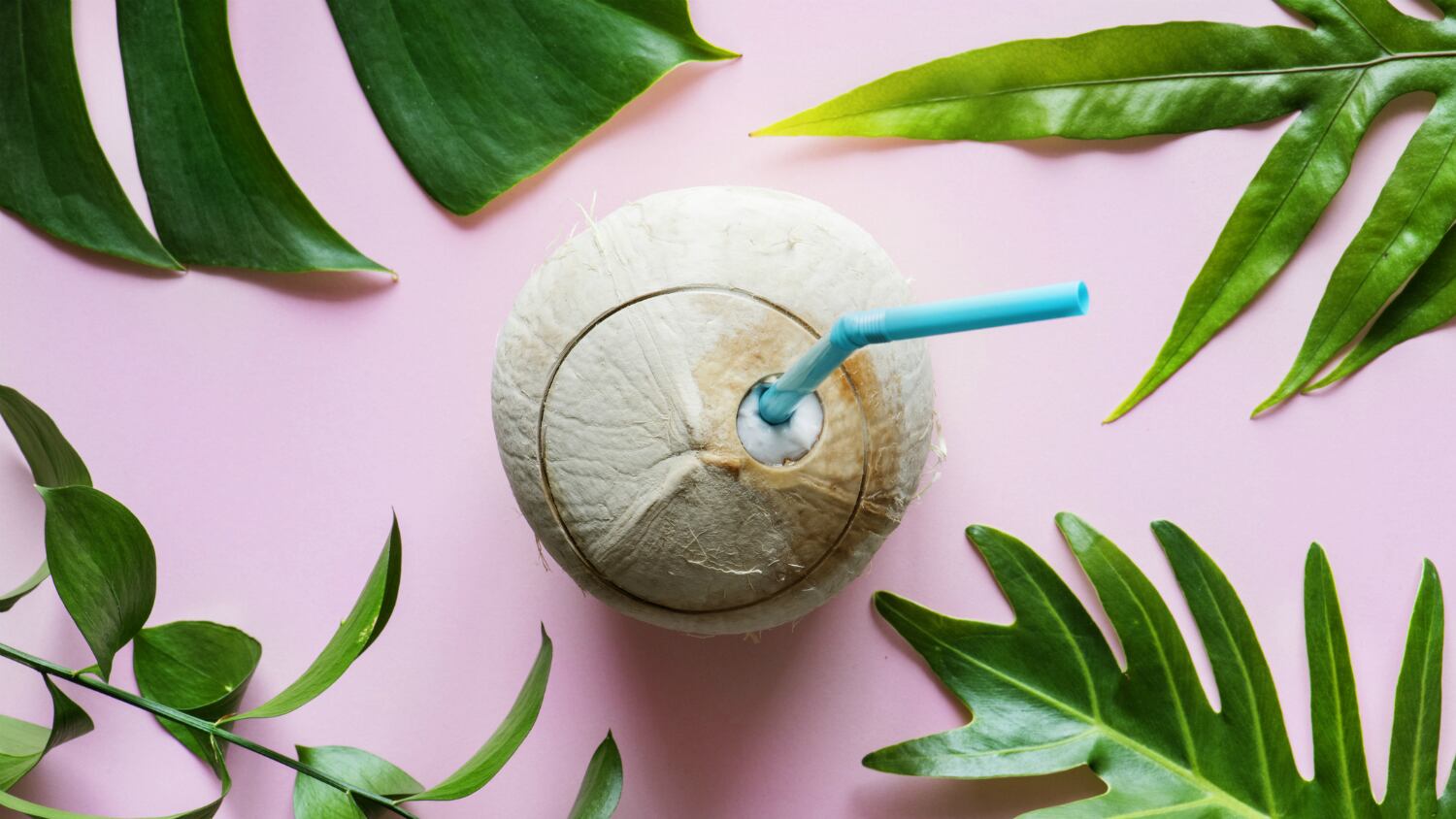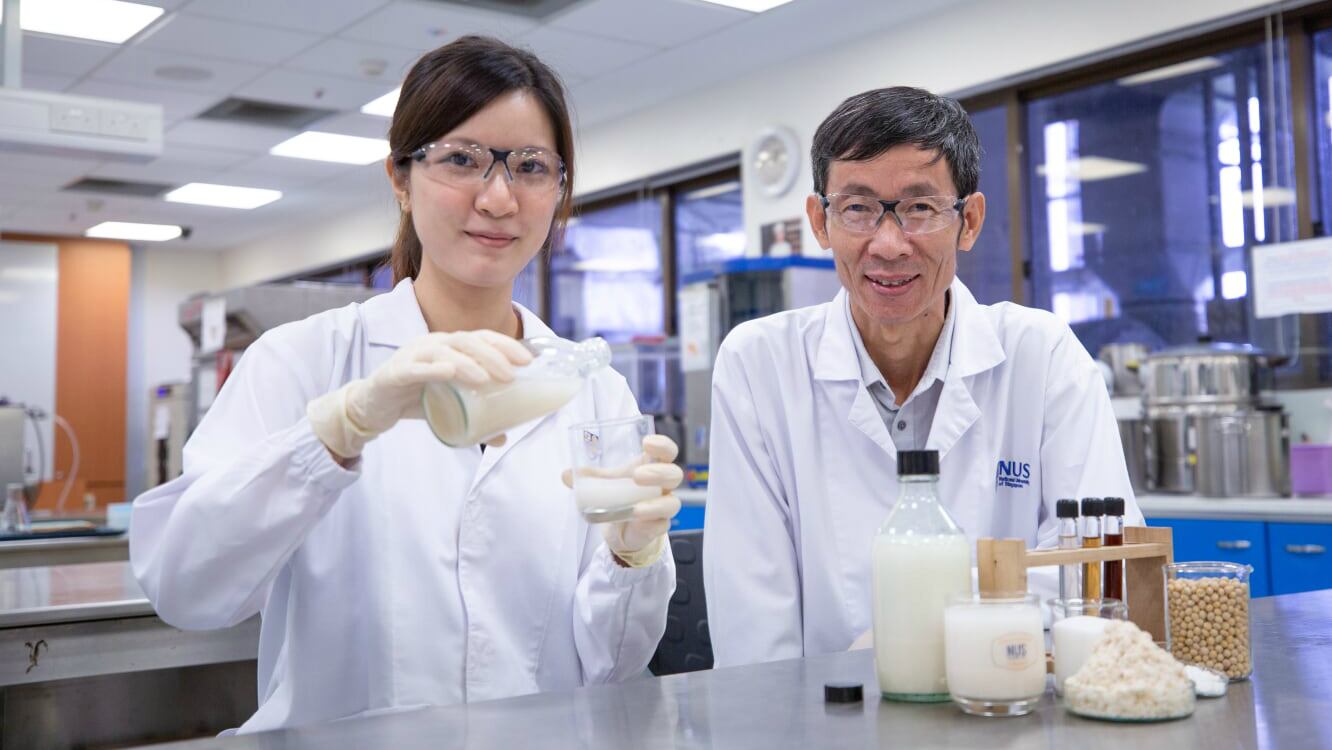Researchers at the country's National Institute of Animal Science conducted a study to assess the possibility of using encapsulated B. longum to produce functional fermented sausages.
Frank fermentation
In addition to non-inoculated control sausages, the researchers used three different treatments to produce the fermented sausages: one involved inoculation with commercial starter culture (CSC) containing Staphylococcus carnosus and Lactobacillus sakei, another involved inoculation with encapsulated B. longum (T1), and the last, encapsulated B. longum, with non-encapsulated B. longum in saline solution (T2).
All treatments were prepared with about 10kg of meat mixture (80% pork ham, 20% pork fat), and the B. longum was isolated from the faeces samples of healthy Korean infants. The probiotic was then encapsulated with glycerol as a cryoprotectant to use in the fermented sausage production as a functional bacterial ingredient.
The non-encapsulated B. longum in saline solution was added to T2 and considered an extra control, so as to determine if it could survive in the products during processing.
The researchers subsequently reported that the lactic acid bacteria count differed across the treatments, ranging from 4.83 to 6.97, 7.87 to 8.73 and 7.95 to 8.88 CFU/g (colony-forming units per gram) on days zero, four, and 22, respectively.
The lactic acid bacteria count rose markedly after four days of fermentation, but not during the ripening process in all the treatments — except in the case of CSC.
After ripening, the CSC-inoculated sausages had the highest lactic acid bacteria count, followed by the control sausages, T1, then T2.
The researchers stated that the encapsulated B. longum could survive after four days of fermentation, with about half its CFUs (colony-forming units) surviving even after 22 days of ripening.
The sausages that had been inoculated with encapsulated B. longum also presented the lowest lipid oxidation level, and the levels of polyunsaturated fatty acids were also significantly higher in than T1 and T2 sausages than the control and CSC sausages.
Overall, the T1 and T2 sausages contained higher total unsaturated fatty acid content and more desirable omega-3 and omega-6 fatty acids, as compared to the CSC and non-inoculated control sausages.
The case for a functional wiener
In addition, the odour and taste scores in the sausages fermented with B. longum were comparable to those of the sausages inoculated with CSC, and the B. longum inoculation did not affect the sausages' colour, texture or biogenic amine contents.
Panellists assessed the colour, odour, taste and acceptability of the T1 and T2 sausages after ripening, and gave them higher scores for colour, odour and taste than they did the control sausages.
Acceptability scores were similar for the T1, T2 and CSC sausages, with T2 sausages being the only ones to obtain a higher score than the control sausages.
The researchers wrote: "This could be associated with the synergistic effects of their higher odour and taste scores. From the obtained results, it may be said that inoculation with the probiotic B. longum did not cause adverse effects, whereas it partially improved the eating quality of the final products."
They added that encapsulation could preserve B. longum within the meat mixture, and that the encapsulated probiotic could serve as "a functional ingredient for the production of healthier fermented meat products".
In conclusion, they wrote: "The Bifidobacteria were encapsulated and added as a functional ingredient and starter culture for (the) production of functional fermented sausages. The inoculation with B. longum resulted in greater acidifying activity compared to that of the non-inoculated control, but lower than that of the CSC.
"In general, the application of encapsulation successfully preserved approximately half of the Bifidobacteria viability in the final products. It was observed that the products made with B. longum showed lower lipid oxidation levels, and presented more desirable fatty acid profiles.
"Especially, the addition of the B. longum partially improved eating quality, without adverse effects on the technological quality of the final products.
"However, further study on the modifications of encapsulation technology or formulations (e.g., reducing salt level and increasing the initial added count of Bifidobacteria) and processing condition etc. is needed in order to improve the viability of the probiotic Bifidobacteria, thus improving the functionality of the final fermented meat products.”
Source: Korean Journal for Food Science of Animal Resources
https://doi.org/10.5851/kosfa.2018.e30
"Quality Characteristics of Functional Fermented Sausages Added with Encapsulated Probiotic Bifidobacterium longum KACC 91563"
Authors: Min-Yu Song, et al.




